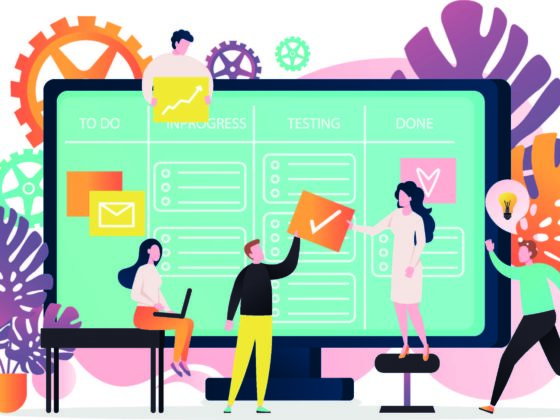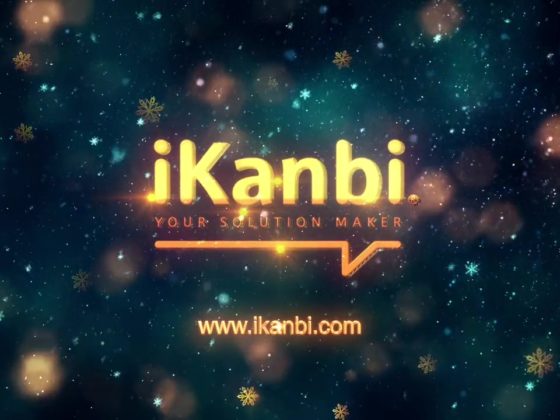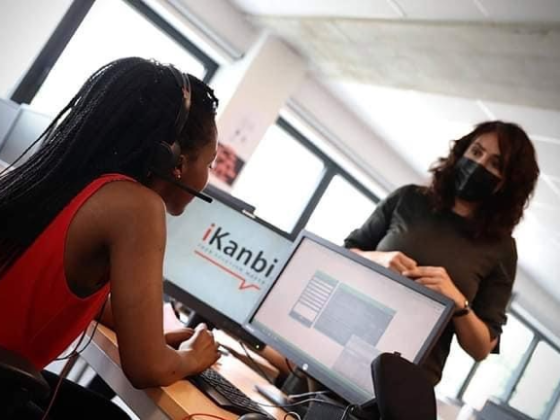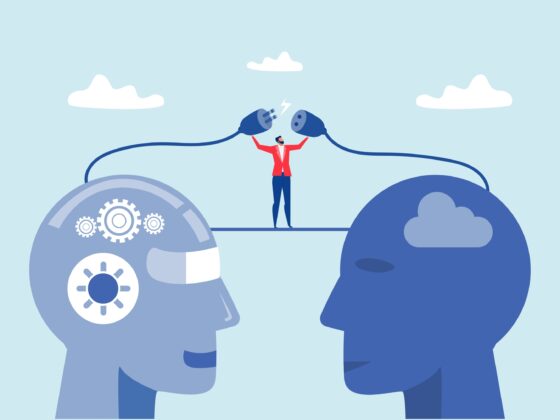Electricity and gas suppliers have been overwhelmed by consumer questions about rising energy prices. iKanbi, which supports the Customer Service department of one of the biggest Belgian energy suppliers, was also affected by this problem.
The challenge of ever-increasing consumer questions and demands led to iKanbi’s lines becoming overloaded and an increase in waiting times. For example, demand was 23% higher than initially forecast! This unprecedented situation prompted a rethink which resulted in a reorganised call process, involving changes to the IVR, and a reorganised training programme for new Energy Customer Advisers at iKanbi.
Why change, you might ask? After all, we simply need to hire and train new advisers quickly, right? In fact, it’s not that simple!
Our new Customer Advisers needed to complete an 8-day training course to understand how to respond to different situations (questions about an invoice, moving house, a meter reading, etc.) and to learn about the various processes and tools. Only at the end of this period were newcomers ready to take their first calls. A support line and individual coaching and workshops provided our new Customer Advisers with additional assistance.
However, given the unprecedented increase in call volumes, a training course lasting (almost) two weeks made it impossible to respond to the urgency of the situation. Other avenues needed to be explored.
Initially, iKanbi’s technology made it possible to modify the standard IVR. Consumers were presented with a menu in the IVR, prompting them to choose the “price increase” option. At the same time, iKanbi’s HR department recruited extensively, providing new employees with training which focused exclusively on these issues. The results were immediately clear: 11% of the calls were handled by Customer Advisers with 4 days of training. iKanbi’s responsiveness has ensured that our energy supplier client’s services are now more accessible.
Subsequently, iKanbi’s teams reconsidered the training process for new employees. Why not divide the training course into interchangeable modules, based on the department’s needs, thereby enabling Customer Advisers to take calls after each module? Instead of completing an 8-day training course before taking their first calls, new employees now attend a 2- or 3-day training course, depending on the module. They then begin to put their theoretical knowledge into practice. Once this first module is completed, new employees can continue with the second module, start taking calls and so on…
iKanbi’s decision to encourage this gradual skills acquisition has had an impact in several different ways. iKanbi’s Customer Advisers are more confident when responding to customers’ questions, because they gradually become operational. Their mental load is reduced. For our client, this solution ensures that major crises in the future will be better managed. The integration of new employees who are trained in response to operational requirements ensures the efficient and rapid handling of unexpected additional call volumes. Training new employees by prioritising modules plays an essential role in forecast management. Lastly, reduced waiting times and high-quality responses increase the satisfaction rate of our client’s end customers. This is reflected in the way in which these customers have expressed their gratitude to Customer Advisers during their calls.
As Stefania, Customer Success Manager in the Energy sector for iKanbi, puts it so well: “there’s an opportunity in every difficulty”. By identifying and seizing this opportunity to improve customer satisfaction, iKanbi’s teams have proven their intelligence and expert knowledge.

